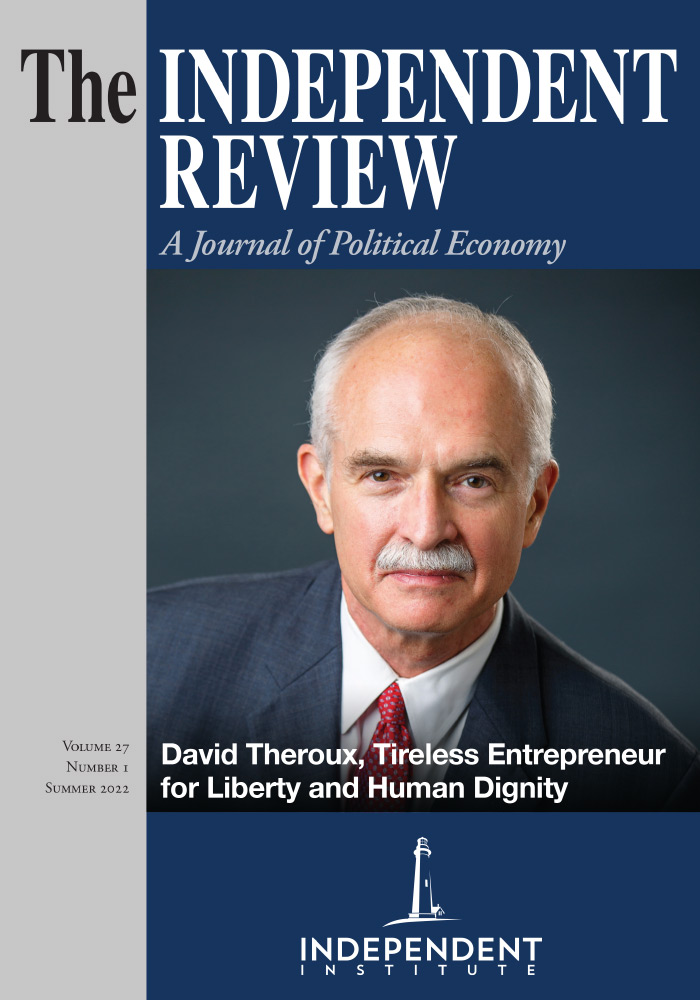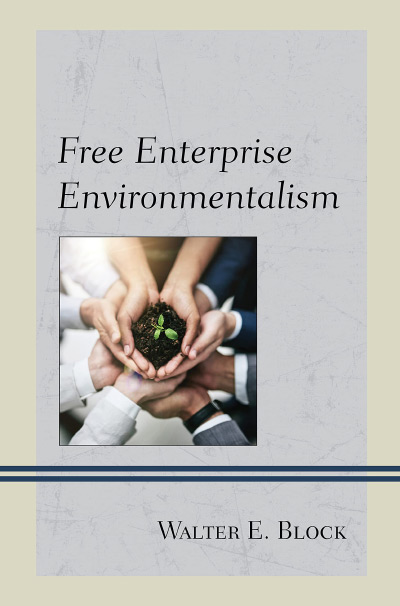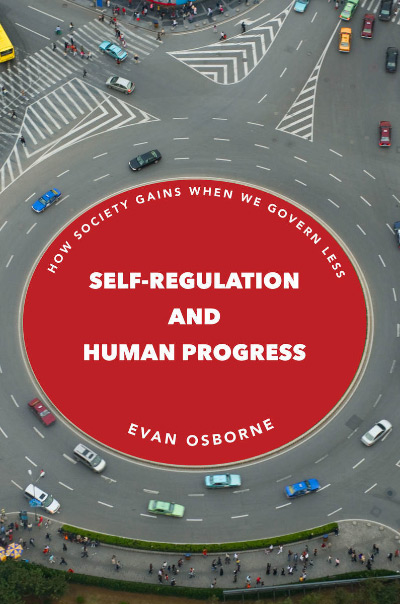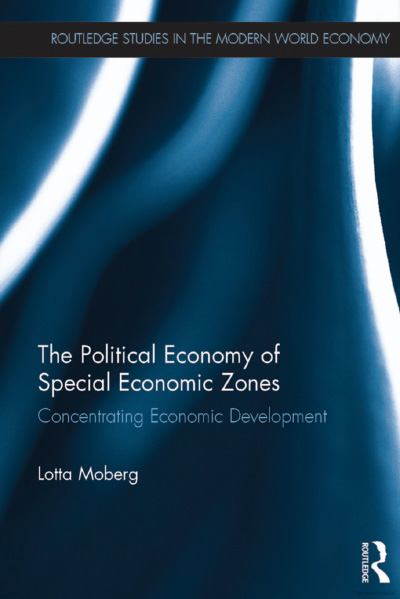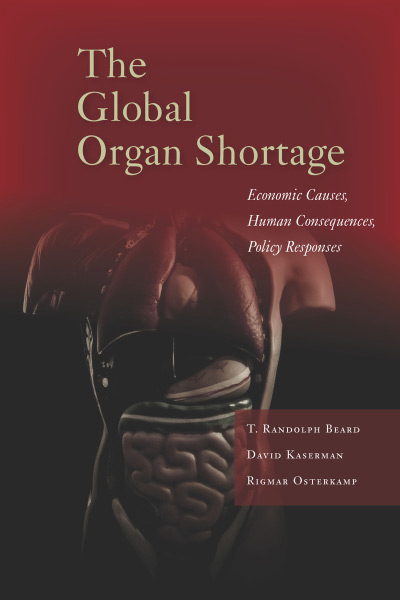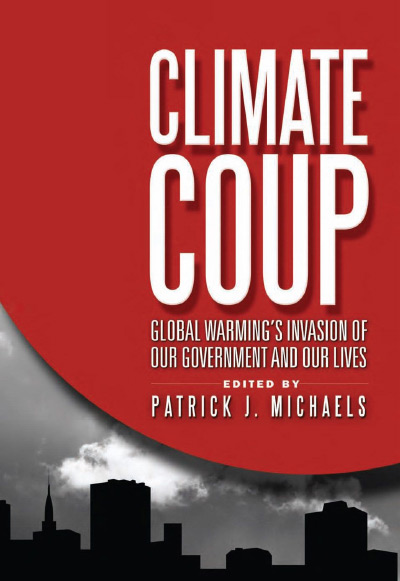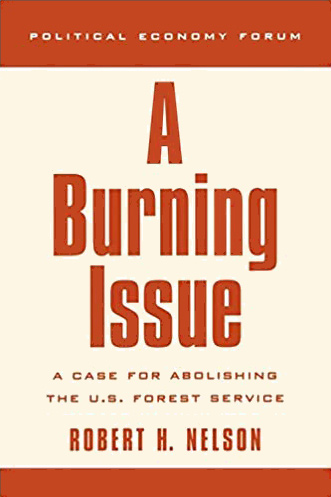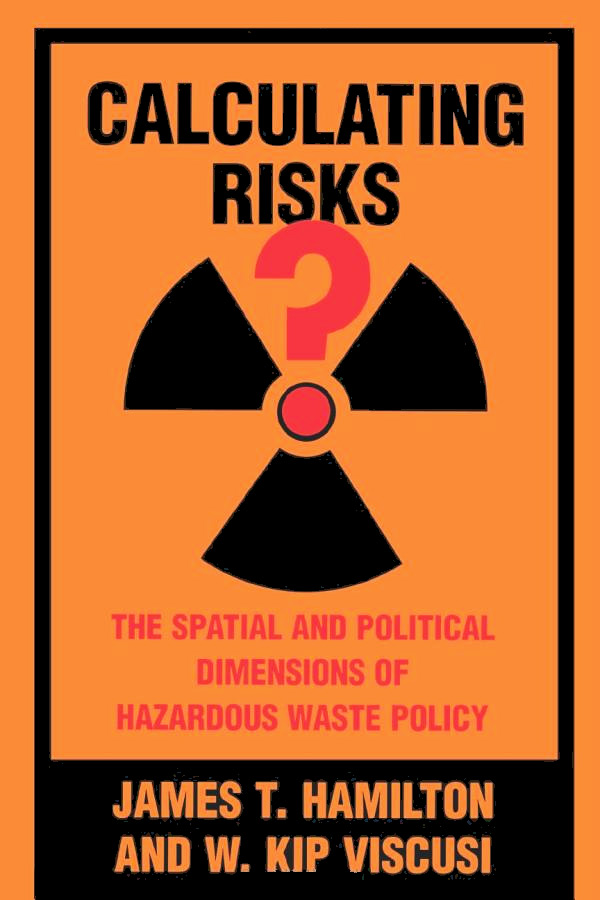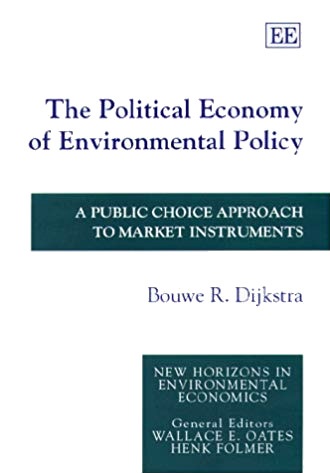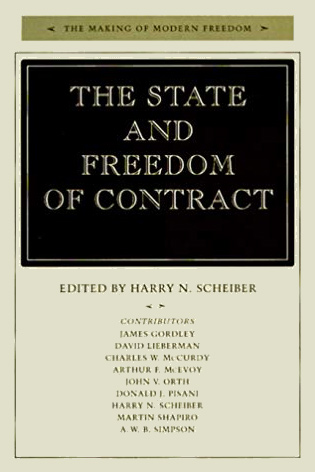Free Enterprise Environmentalism is a delightful compilation of essays on environmental and resource issues by economist Walter Block. They have all been previously published, with most of them appearing between 1989 and 2008. The credits list forty-five separate publications, although for this volume they have been combined into nineteen essays and placed in seven different categories.
Block is a strong property rights advocate and he uses that approach in each of his writings. It speaks well of the author that his essays are written for a wide range of publications—I count twenty-four different journals, newsletters, and forums. The essays are written for a general audience and are usually much briefer than a journal article. Each one makes a case for the use of markets as the appropriate coordination mechanism, with well defined and enforced property rights as the basic institutional structure that makes markets work well.
Because the essays are written for different audiences at different times the basic theory of private property rights is introduced in each publication. This makes the volume somewhat repetitive with the same basic defense of private property in each essay. Nevertheless, the volume is a pleasure to read because it provides answers to the question of “but what about . . .” with the blank filled in with a variety of environmental issues. Block covers fishing, air pollution, the Arctic National Wildlife Refuge, Hurricane Katrina, population growth, and a host of other issues. This volume is useful if one wants to see the case for well defined and enforced property rights applied to a wide range of issues.
Block’s view of the use of private property rights in all situations is driven by his belief that the only legitimate reason for law is the protection of individual property. This means“the only improper human activity is the initiation or threat of force against another or his property” (3). His commitment to a very limited role for government means that he extends his private property framework to all resources. In an essay on Katrina, where he makes cogent criticisms of government action, he states, “[t]his is not the place to examine in detail the case for private ownership of bodies of water such as the Mississippi River, Lake Pontchartrain, and indeed all oceans, rivers and lakes. But the same principles apply here as they do on land” (179).
In some cases he is correct that the existence of government property has stood in the way of the development of private property rights. But there are transaction costs of establishing private rights and Block could have given more attention to those costs. In Block ’s world there are no public goods, or if they do exist, the importance of limiting government to the enforcement of private property rights means there is no good reason to use government as a provider of those public goods. If one takes transaction costs seriously, in some cases the costs of property rights definition may outweigh the benefits of such activity; thus, the property is best left as an open access resource. In some other cases common property is a better alternative than exclusive individual rights. Private property rights may not be the solution to all problems, despite Block’s assertion to the contrary.
As an example of the limited attention to transaction costs, Block argues that all parks should be provided by private enterprise. If there is no private provision that means that parks don’t pay—that is, people are unwilling to pay for parks and it doesn ’t make sense to devote resources to such activities. It is the case, however, that almost all urban areas have small parks, often one or two blocks in size. Such parks are usually provided by local governments, using tax revenue for their support. The argument for government provision is that, in a world of positive transaction costs, private provision would change the nature of the parks in unfortunate ways. Parks would have to be fenced and monitoring would need to be sufficient for users to pay an appropriate fee. The almost total absence of private provision of those small urban parks is an indication that the transaction costs are high for the private provision of those parks. It also means that one should consider other alternatives. The insistence that private entrepreneurs are the only legitimate providers of goods and services omits other relevant possibilities.
Block recognizes that pollution may occur in a world of private rights, but he believes that the common law doctrines of nuisance and trespass would solve any problems of intrusion. He also argues that common law solutions were ignored by nineteenth- and twentieth-century courts and that the straightforward application of basic common law doctrine would be sufficient to correct any problems. That issue has been discussed at some length in the economics and legal literature and Block’s minimal citations of more extensive examinations of how the common law actually works leave the reader wondering about more robust defenses. For instance, the volume edited by Roger Meiners and Andrew Morriss, The Common Law and the Environment: Rethinking the Statutory Basis for Modern Environmental Law (2000, Lanham, Md.: Roman and Littlefield), and Bruce Yandle’s Common Sense and Common Law for the Environment(1997, Lanham, Md.: Roman and Littlefield) provide a much more complete discussion of both the possibilities and problems of the use of common law in the present environment.
Finally, since each piece was written at a particular time, it would have been useful for the reader to have ready access to the time and place of publication. Only by turning to the end of the volume does one find the source and date listed for each essay. It would have been straightforward to list the source or sources and the date of publication at the beginning of each chapter.
These issues do not detract from the overall usefulness of the volume, however. If one wants to see how the use of well-defined and defended property rights are often a much better alternative than government ownership or government regulation. Free Enterprise Environmentalism is a volume worth perusing.
| Other Independent Review articles by Peter J. Hill | ||
| Spring 2024 | Pricing the Priceless: A History of Environmental Economics | |
| Spring 2020 | The Keynesian Revolution and Our Empty Economy: We’re All Dead | |
| Summer 2017 | Judeo-Christian Thought, Classical Liberals, and Modern Egalitarianism | |
| [View All (7)] | ||

